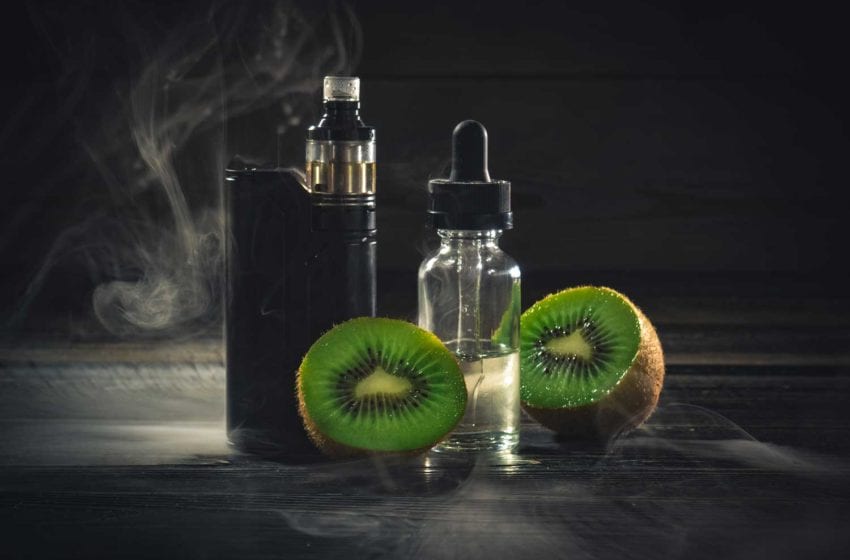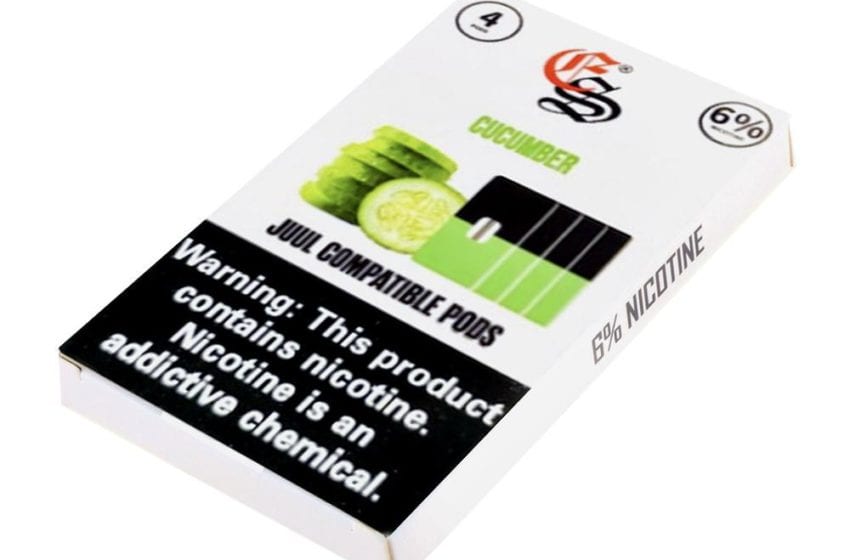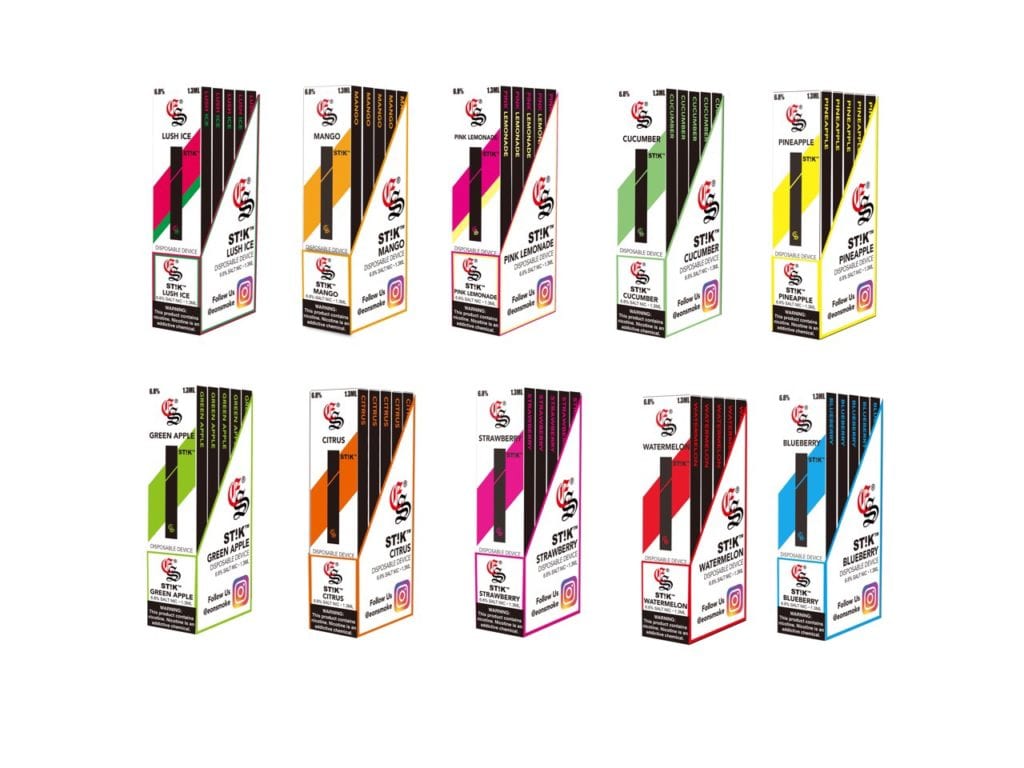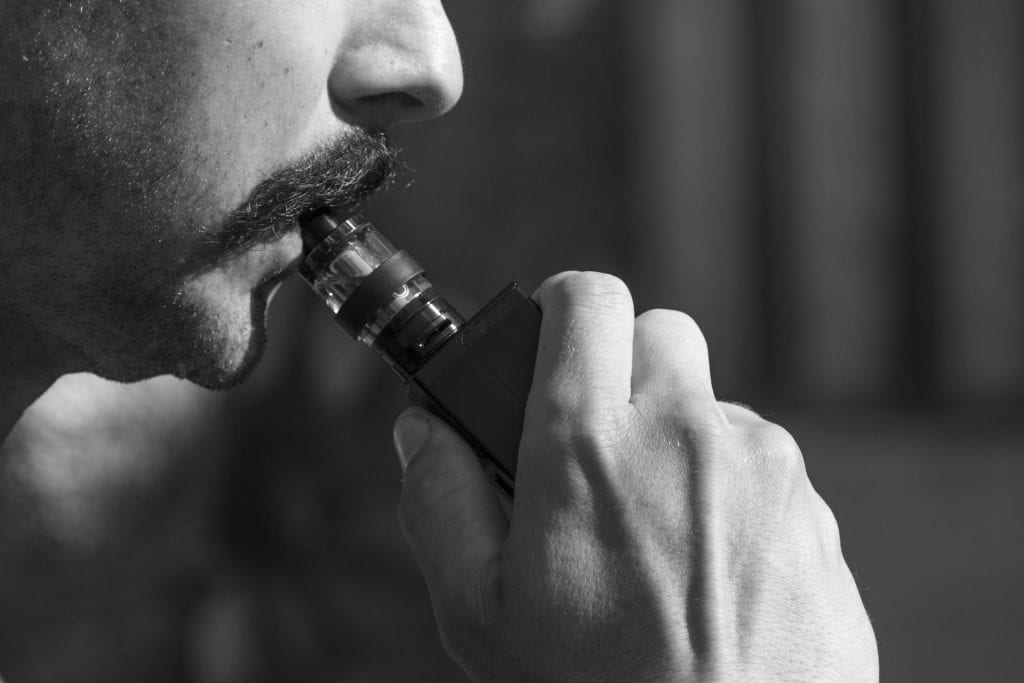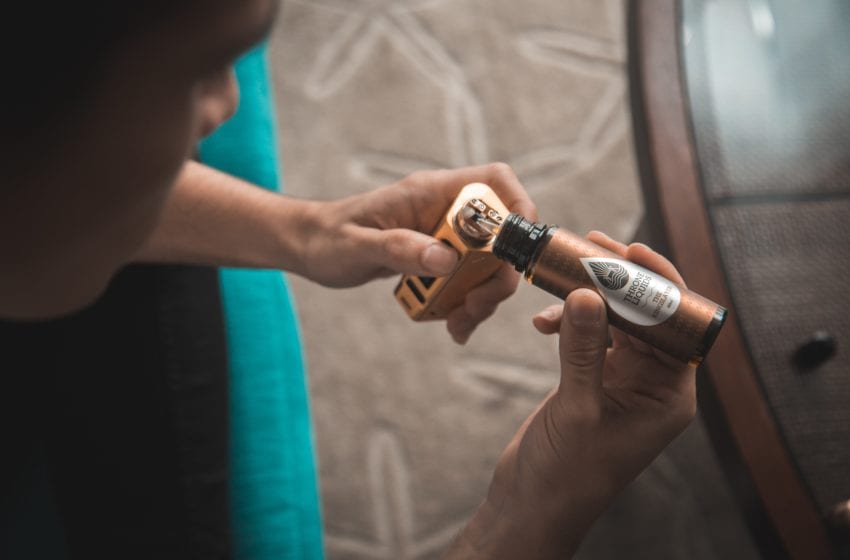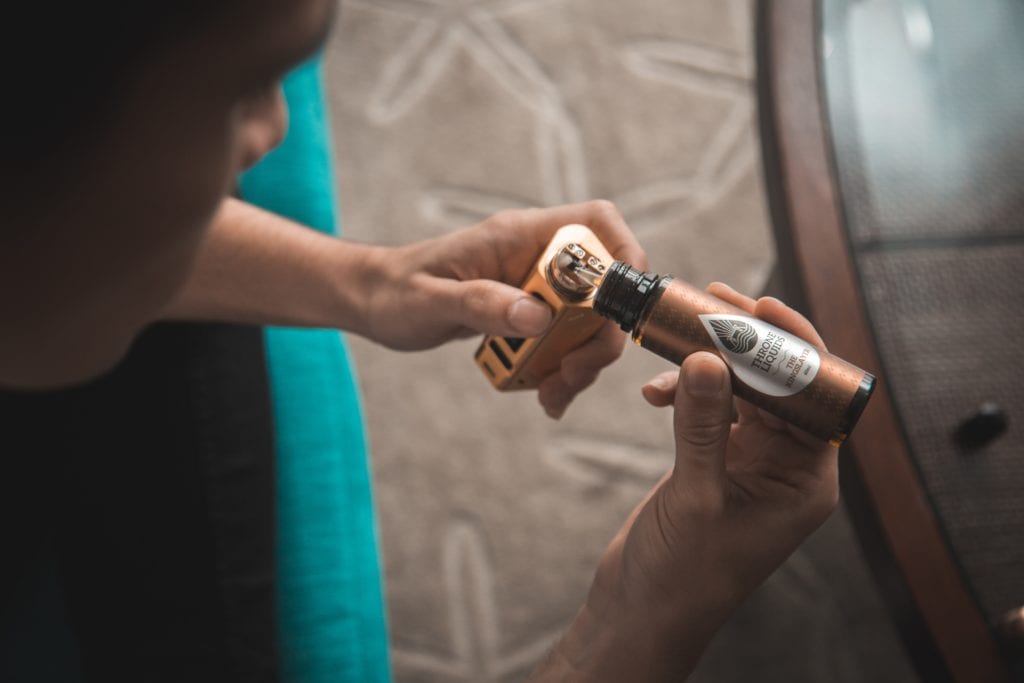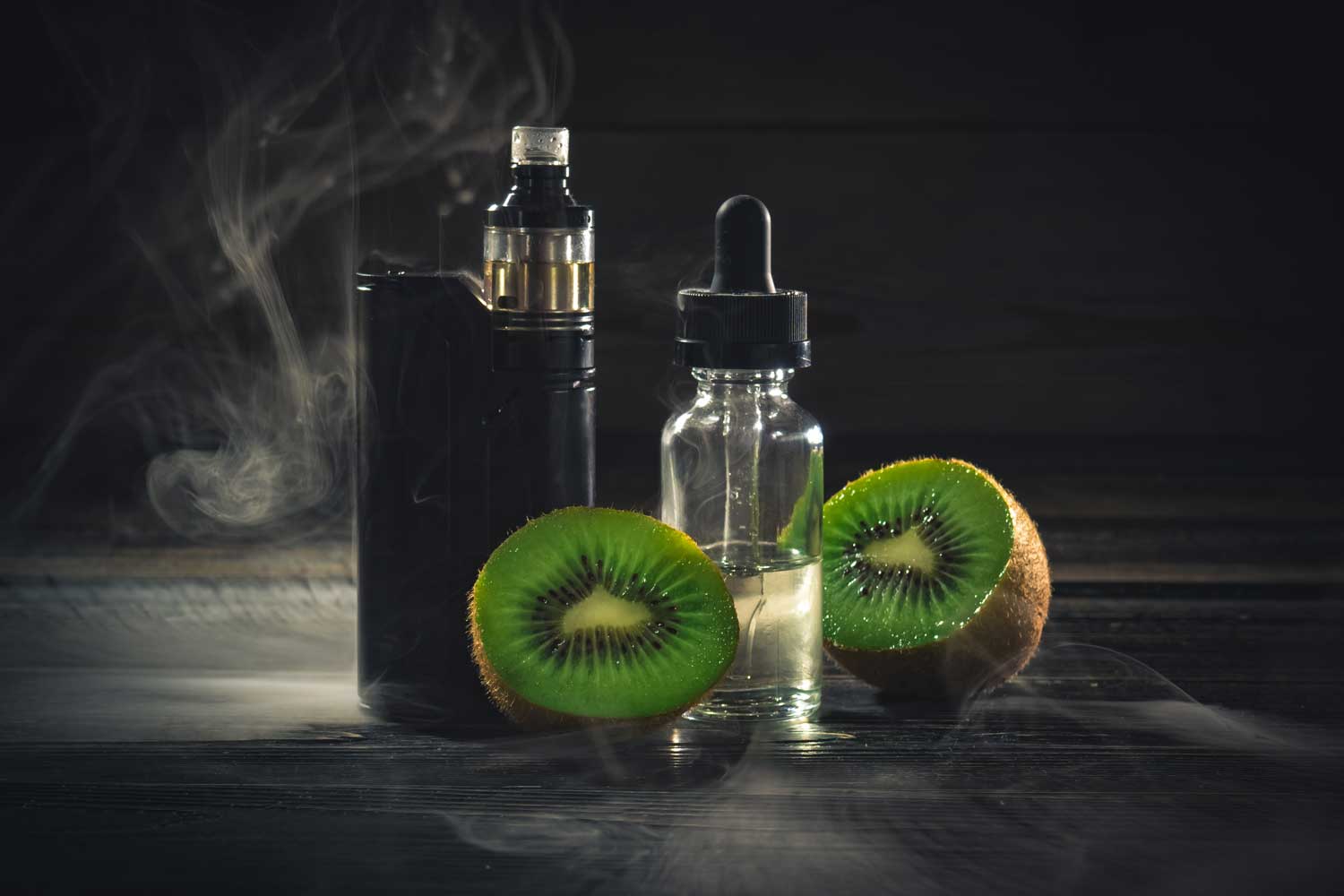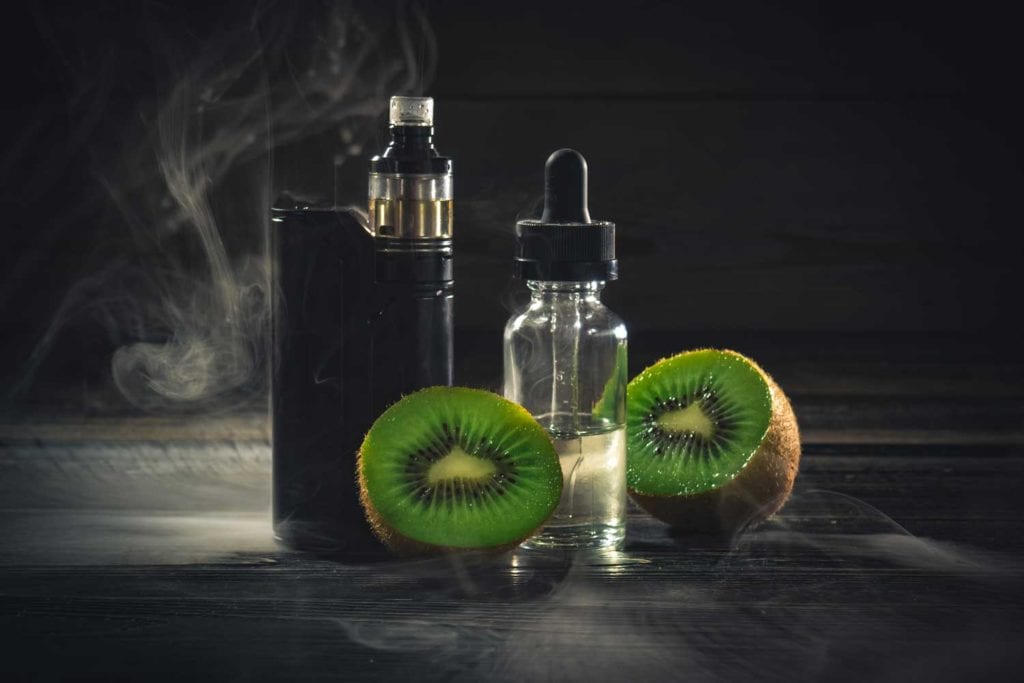
As manufacturers of e-cigarettes and certain other tobacco products face a Sept. 9, 2020, deadline to apply to the U.S. Food and Drug Administration (FDA) to keep their products on the market, six public health and medical organizations are urging the FDA not to authorize the sale of any flavored products.
“The FDA should not authorize the sale of any flavored tobacco product, including e-cigarettes or e-liquids, because of the clear evidence that flavored products appeal to youth and have driven the current epidemic of e-cigarette use among youth and young adults, and the lack of evidence that flavored products help smokers quit,” the groups wrote in a joint statement.
“Research shows that 97 percent of youth e-cigarette users report using a flavored product in the past month and 70 percent say they use e-cigarettes ‘because they come in flavors I like.’ In contrast, there is no credible evidence that flavored e-cigarettes help adult smokers quit. In a report issued earlier this year, the U.S. Surgeon General concluded, ‘there is presently inadequate evidence to conclude that e-cigarettes, in general, increase smoking cessation’,” the organizations wrote.
The groups also called on the FDA to take prompt enforcement action to remove from the market products for which applications are required but are not submitted by the Sept. 9 deadline.
The organizations that issued the statement are the American Academy of Pediatrics, the American Cancer Society Cancer Action Network, the American Heart Association, the American Lung Association, the Campaign for Tobacco-Free Kids and the Truth Initiative.

